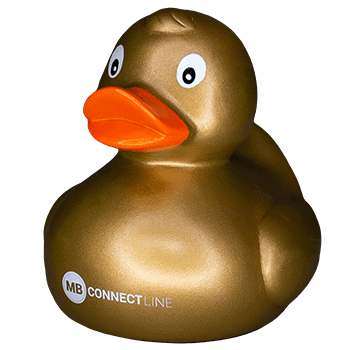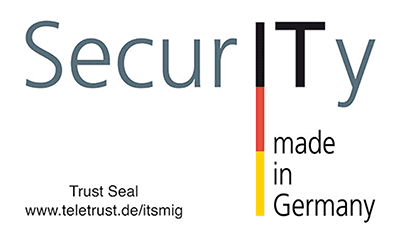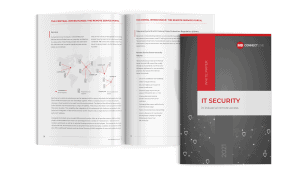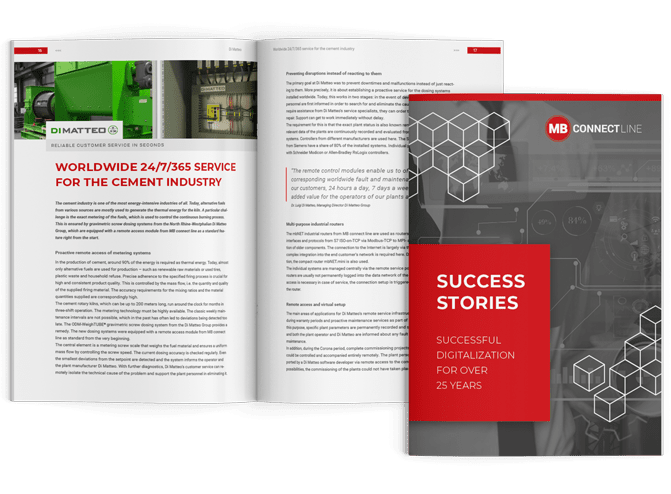Triogen – an Industrial Internet pioneer
Triogen’s ORC system sensors gather data continuously – regardless of the location country of the equipment – and send the data to the company’s head office in the Netherlands for analysis.
Triogen’s ORC system sensors gather data continuously – regardless of the location country of the equipment – and send the data to the company’s head office in the Netherlands for analysis. Project manager / Sr Software Engineer Wim Reuling points out that Triogen has already utilised the Industrial Internet before the entire concept was invented. The system’s industrial Internet applications are based on a data security-based remote connection solution consulted by Sarlin.
Triogen manufactures ORC (Orcanic Rankine Cycle) systems in the Netherlands. They utilise waste heat from engines and generate electricity from it. Wim Reuling answers the phone at Triogen’s head office in Goor. He happened to be working on the new version of Triogen’s ORC system software, whose development work he leads, when the phone rang. Mr Reuling last visited Finland in June to monitor the initialisation of the newest ORC system, HSY (Helsinki Region Environmental Services) is using at Viikinmäki Wastewater Treatment Plant.
“I am also closely following the trial going on in which we’re testing, together with Sarlin and HSY, the use of the system at a higher power level.” We’re experimenting to see how much extra electricity we can get with ORC when surplus heat is abundantly available“
Herr Reuling, Project Manager / Senior Software Engineer Wim Reuling
The study prepared by Niko Lautala and Tino Waldén for Aalto University, Real-time condition monitoring and process optimization, is linked with the research collaboration between Sarlin and Triogen. Lautala and Waldén shed light on the background of the experiment they are working on: in order to maximise electricity production, the heat input is raised which increases the system pressure. The turbine design is changed and will be more efficient also on higher pressure. It may nevertheless be reasonable if the surplus heat otherwise goes to waste. As a result, this is now being tested in actual practice at Viikinmäki.
The equipment utilises the remote monitoring system supplied by Sarlin, which is now in operation globally. Indeed, MB connect line’s remote connection is a standard part of Triogen’s systems. Sarlin is consequently involved in the deployment of Triogen’s ORC equipment in Finland. Sarlin has delivered all three Triogen ORC systems currently installed in Finland. Two of these are at Viikinmäki Wastewater Treatment Plant, and the third is at Ämmässuo Waste Treatment Centre.
VIIKINMÄKI’S OLDER ORC system represents the first generation of Triogen’s equipment. According to Mr Reuling, the new system also in use in the trial is a more highly developed version. Common to all Triogen systems is their sensor-derived continuous collection of data from key sites and the automatic transmission of data to the head office.
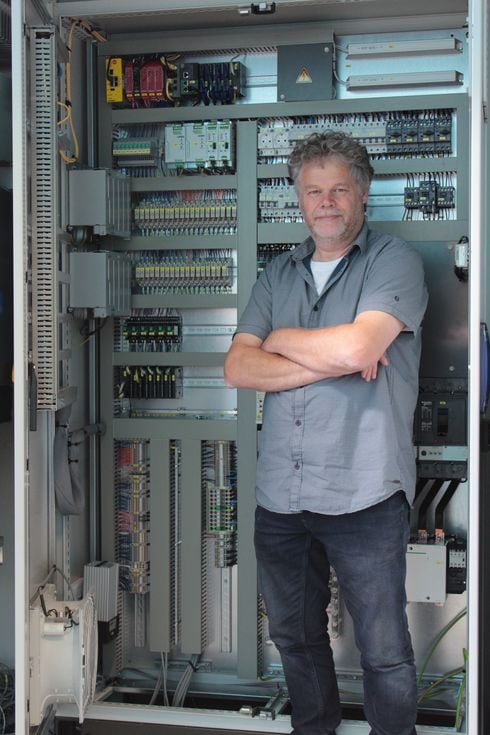
“By means of the Industrial Internet, we obtain a great deal of information from our systems and are able to monitor their operations in real time. The control centre program (SCADA) shows the information collected graphically on a computer. We keep an eye on the systems’ operations also by smart phone, for which we have our own phone application,” Mr Reuling explains.
Mr Reuling says that the Industrial Internet facilitates communications with customers and makes it more pro-active than before. Sarlin and HSY (Helsinki Region Environmental Services) also use Triogen’s phone application and receive, for example, alarms linked with the system starting up and stopping there. The Industrial Internet has indeed expanded from interaction between the machinist and the customer to cover the life cycle of the equipment as a whole.
REMOTE CONNECTIONS have also reduced the amount of transportation. Previously someone always had to go to the site to inspect what had caused a stopped machine. The Industrial Internet eliminates this requirement. Many ORC equipment problems are resolved by checking the information collected by the system – even pro-actively. For example, it is possible to determine the condition of a toluene filter by pressure fluctuations in the filter.
“By examining the most recent data, we are able to figure out what the issue is and can advise the customer on how to correct the situation. We can also issue commands to the system remotely,” Mr Reuling relates.
It is also possible to optimise the ORC process remotely if changes in the conditions occur. Triogen has four basic settings for its system, because the operational conditions affect the mechanical parts of the equipment, such as generators. Through optimisation, the most effective operation of the machinery is ensured.
The data accumulated in the systems are also utilised at Triogen in long-term analyses, the examination of trends, and product development.
TRIOGEN WAS before its time in first deploying remote connections 12 years ago when the concept of an Industrial Internet was not yet known. Mr Reuling affirms that Triogen is already on a high level when it comes to the utilisation of the industrial Internet, but the advancement does not end here.
“At the moment we have software under development which allows us to analyse data in a more automated manner than currently. When we’re able to determine when the various parts of a machine require maintenance, we’ll be able to switch to preventive maintenance. That’s a big step in the right direction.”
Herr Reuling, Project Manager / Senior Software Engineer Wim Reuling
Each system functions under individual conditions. If a generator and set of bearings should be serviced every other year, the bearings in some equipment can still be like new, whilst others may already be worn out. Maintenance based on the real condition of the equipment reduces servicing costs, because there is no need for maintenance too early. At the same time, this prevents the breakage that can result from excessively long intervals between maintenance.
WELL-FUNCTIONING REMOTE CONNECTIONS are vitally important from the perspective of the Triogen operational model. Mr Reuling appreciates the ease of instalment and reliability of the MB connect line remote connection systems supplied by Sarlin. The data collected from the process transfer to Triogen along a protected VPN channel.
“Sarlin encouraged us to deploy the system in connection with our first Viikinmäki installation. Now MB connect line’s remote connection is a standard part of all our systems. I’m happy about that! With the MB connect line system, we can obtain a connection wherever the Internet is available. It functions reliably and supports online security by modem as much as via various phone-based networks,” Mr Reuling notes with appreciation.
Triogen
Triogen from the Netherlands is in the vanguard of the world’s ORC equipment manufacturers. It has already concentrated on the development and realisation of compact, modular and high-powered ORC power plants since 2001. It has sold over 40 ORC systems having a total of almost one million operating hours to eleven European countries.
What is unique in Triogen’s ORC equipment is the simple structure of it’s electricity-generating high-speed turbo-generator. The turbine is connected to the generator with only one axle, so sealants or a gearbox are not required. This makes the structure durable. The system is also easily connectable to various heat sources.
As a generator of electricity, the Triogen system is one of the most efficent in the industry. The system observes all EU and CE regulations applied to the sector.

